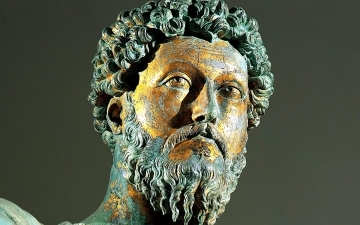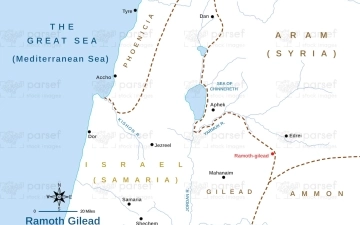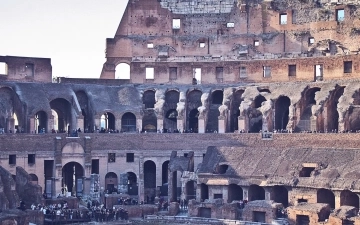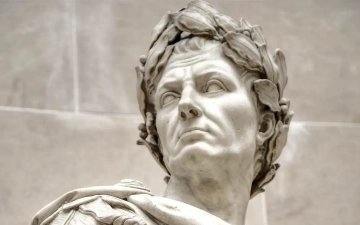The Rise and Fall of Julius Caesar: A Tale of Ambition and Betrayal
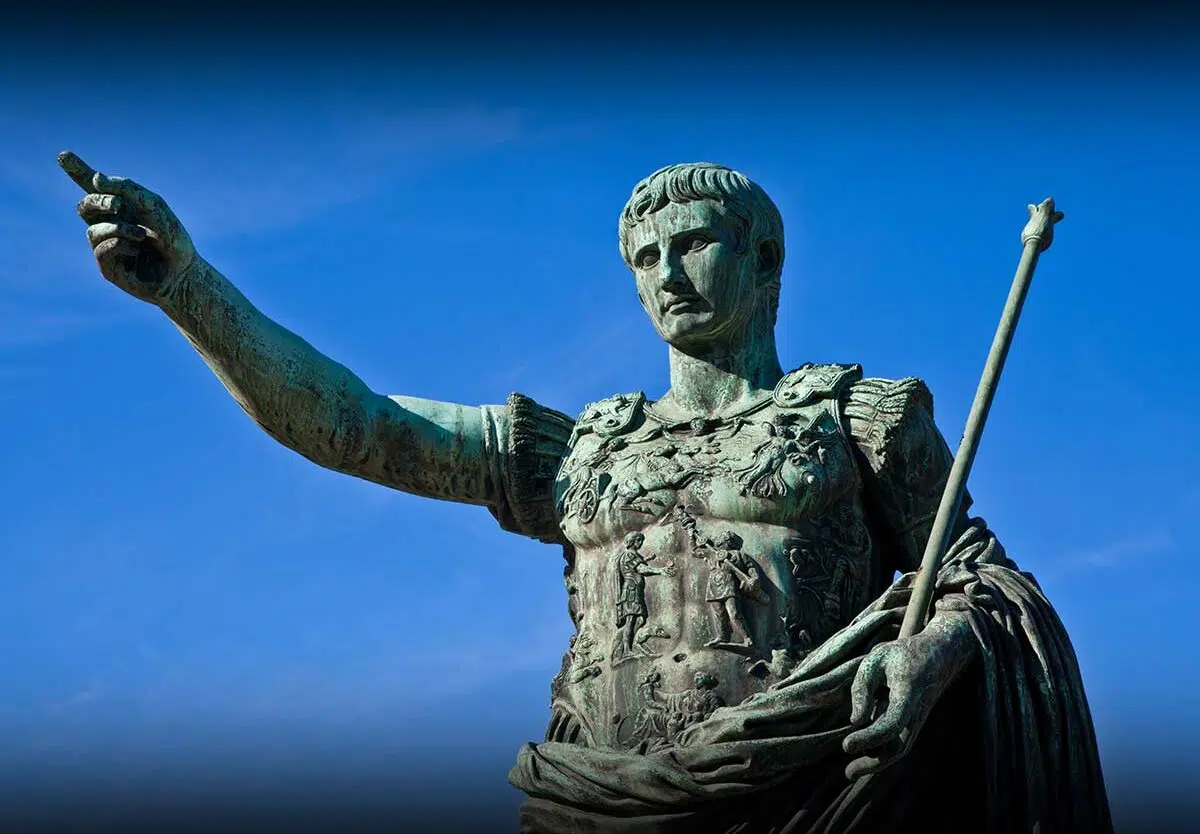
Julius Caesar, a name that echoes through the corridors of history as one of ancient Rome's most prominent and controversial figures. His life, marked by ambition, military genius, and ultimate betrayal, is a tale that continues to captivate and intrigue.
The Ascent of Ambition
Julius Caesar was born in 100 BCE into a patrician family, but his early life was far from auspicious. He began his career as a military officer, showcasing early signs of brilliance on the battlefield. His conquests in Gaul not only expanded Rome's territory but also solidified his reputation as a formidable military leader.
Caesar's ambitions, however, extended beyond the battlefield. He ventured into Roman politics, forming alliances with influential figures like Pompey and Crassus. This triumvirate held immense power and influence, propelling Caesar toward greater prominence within the Roman Republic.
The Crossing of the Rubicon
The Rubicon River, a seemingly innocuous waterway, became the stage for a momentous event that changed the course of Roman history. In 49 BCE, Caesar, at the height of his power, defied the Senate's orders and crossed the Rubicon with his army, effectively declaring war on the Roman Republic. This audacious move ignited a civil war, pitting Caesar against his former ally Pompey.
Caesar's military prowess and strategic brilliance led to a series of victories, culminating in his triumphant entry into Rome in 45 BCE. With Pompey defeated and the Senate subdued, Caesar was now the unrivaled master of Rome.
The Ides of March: Betrayal and Assassination
But power often comes at a cost, and Caesar's increasing authority began to worry the Roman Senate. On the fateful day of March 15, 44 BCE, a group of senators, including his trusted friend Brutus, betrayed him in a conspiracy known as the Ides of March. In a shocking act of violence, Julius Caesar was assassinated, ending his remarkable journey with a brutal and tragic demise.
Legacy and Impact
Julius Caesar's death did not mark the end of his influence. Instead, it set in motion a chain of events that eventually led to the rise of the Roman Empire. His adopted son and heir, Octavian (later known as Augustus), would go on to become the first Roman Emperor. The period that followed, known as the Pax Romana, was a time of relative peace and stability, characterized by territorial expansion and cultural flourishing.
The life of Julius Caesar is a compelling narrative of ambition, conquest, and betrayal. His rise to power and tragic downfall continue to be a subject of fascination and debate, serving as a testament to the complexities and drama of Roman history. Caesar's legacy endures not only in the annals of history but also in the echoes of ambition and betrayal that resonate through the ages.
Related Posts
Marcus Aurelius: Philosophy and Leadership in the Midst of Turmoil
In the annals of Roman history, the name Marcus Aurelius stands as a symbol of wisdom, Stoic philosophy, and leadership during times of great adversity. His reign as Emperor from 161 to 180 CE coincided with challenging periods for the Roman Empire, including external threats and internal strife. In this...
Read MoreRamoth-Gilead: The Ancient Stronghold of Israel
Ramoth-Gilead, an ancient city of great biblical and historical significance, was a major stronghold located in the region of Gilead, east of the Jordan River. The city, often mentioned in the Old Testament, played a crucial role in the territorial struggles between Israel and its neighboring nations. Today, the exact...
Read MoreFrom Ancient Rome To Today: 4 Games Played By Emperors And Their Modern Equivalents
In history, Ancient Rome had rulers who enjoyed games that involved intelligence and risk-taking. The interesting part is that some of these games have now evolved to their modern versions that still entertain people. When we look at the Ancient Roman history of emperors having fun, most of them went for...
Read MoreThe Rise and Fall of Julius Caesar: A Tale of Ambition and Betrayal
Julius Caesar, a name that echoes through the corridors of history as one of ancient Rome's most prominent and controversial figures. His life, marked by ambition, military genius, and ultimate betrayal, is a tale that continues to captivate and intrigue. The Ascent of Ambition Julius Caesar was born in 100 BCE into...
Read MoreBonsai Trees: The Art, Care, and Beauty of Miniature Trees
Bonsai trees are more than just plants—they are living works of art, shaped and nurtured over time to reflect nature’s beauty in miniature form. Originating from ancient Asian traditions, bonsai trees symbolize harmony, patience, and balance, making them a meaningful and meditative hobby for plant lovers worldwide. Whether you're a...
Read MoreAugustus: The Architect of Imperial Rome’s Golden Age
In the grand tapestry of ancient Rome's history, one name stands out as a pivotal figure who played a transformative role in shaping the destiny of an empire. That name is Augustus, the first Roman Emperor, whose reign marked the beginning of a remarkable era known as the Pax Romana...
Read More

















